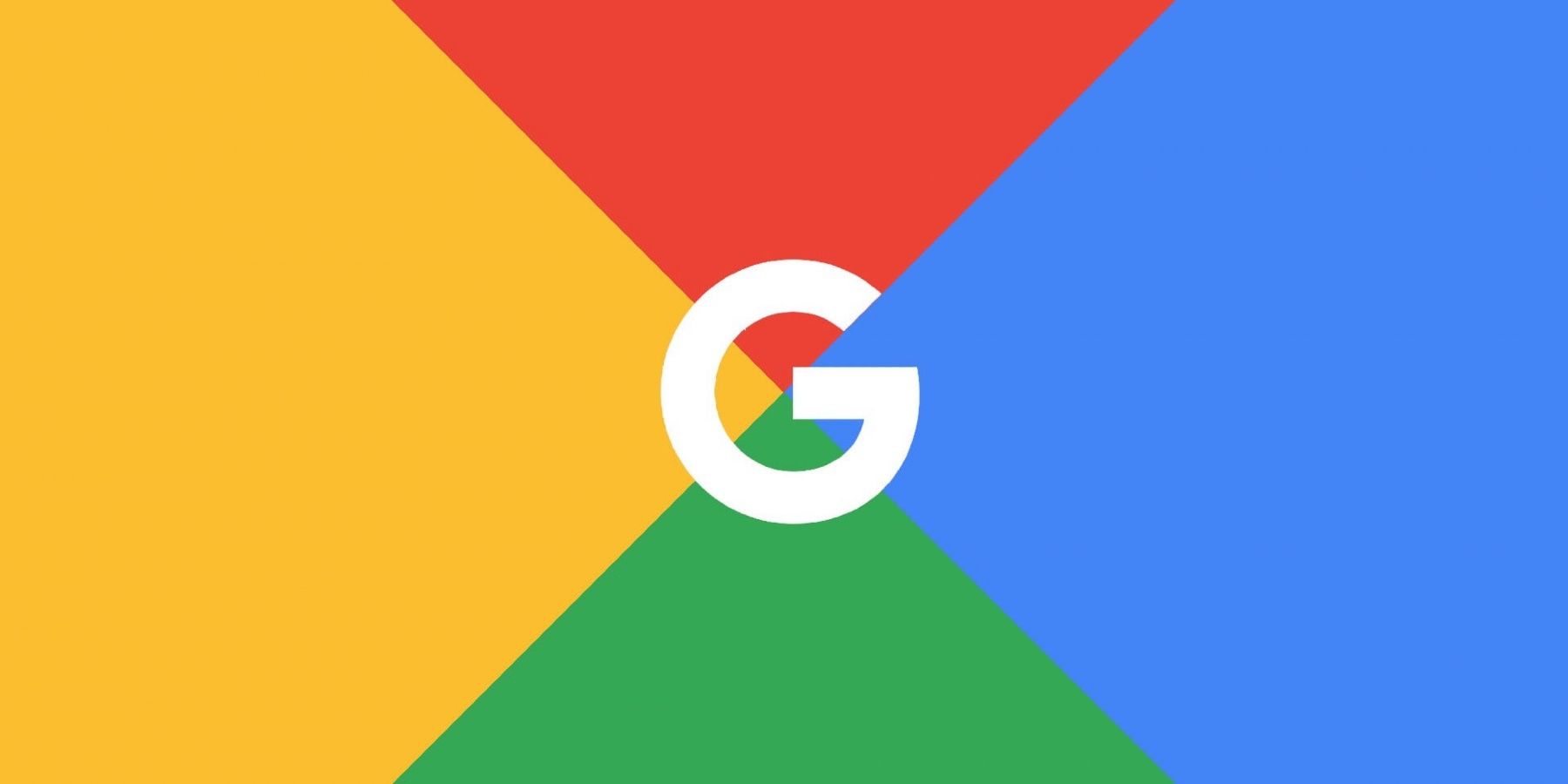Google has patented a system that would allow players to overlay video game guides over top of their live gameplay. Game guides are responsible for a significant chunk of YouTube viewership, so it stands to reason that, Google, the platform's owner, would seek to find a way to further integrate this mini industry more conveniently.
Racking up hundreds of thousands, sometimes millions of views, game guides are a huge draw for many players. In fact, some games encourage or even depend on the fan community coming together to share strategies. The Dark Souls franchise is a perfect example. The games are incredibly challenging and in-game explanations are infrequent and vague. It takes a community of players to share techniques and knowledge to slowly pick away at a Souls game's inner workings. Suffice it to say that in modern gaming, guide videos have become inextricably tied to actually playing.
Now Google aims to take the experience a step further. Citing inconvenience to gamers and decreased enjoyment, the tech giant wants to enable virtual guides that would overlay onto a player's active gameplay. The goals are to prevent players from having to repeatedly swap back and forth from gameplay to guide videos while using only one device, as well as to provide a seamless and reactive experience. Images in the patent show a representation of the system working on a T.V. or computer screen, but it also shows what appears to be a smartphone, which is essential as gamers are seeing more quality games available only on mobile.
The patent describes a system that can actively respond to a player's actions. It would use a guide video as an initial source, and compare it to a secondary source: the currently executing gameplay. It would recognize actions and environments, and compare the two sources, so the guide could be synced to the exact moment/place the player is currently at. This would negate a player's need to fast-forward and rewind to find the exact moment they're looking for, or to constantly replay the same moment. It would then virtually integrate the content from the guide video on to the player's game, allowing them to follow along. Further, the system would ideally understand when an action has been completed so that it could then adapt itself and continuing guiding players.
If this patent does indeed see the light of day, it could revolutionize how players consume games. The convenience granted by avoiding the necessity to swap tabs, and by having an active, adaptable "ghost" player alongside would make gaming seamless to a degree yet unheard of. Though this would likely not trivialize notoriously difficult games like Cuphead, for example, it would certainly make the experience less aggravating for some.
With the recent failure of the Google Stadia, the company is likely hoping for a win in the gaming sphere. Whatever the outcome of Google's new venture, a system like this could have the potential to significantly affect the way games are both consumed and developed.

